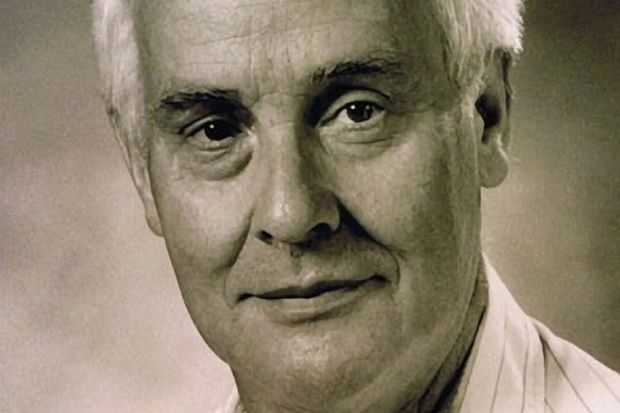Benedict Anderson was born in China on 26 August 1936 to an English mother and an Irish father who worked with the Chinese Maritime Customs Service, although the family moved to California during the Second World War.
A brilliant linguist, he learned Latin and Greek as a child, a number of European languages as a teenager and then a range of Southeast Asian languages. He was educated at Eton College before going on to study Classics at the University of Cambridge in 1957.
Invited by a friend to spend a year in the US as a teaching assistant, Professor Anderson moved to Cornell University, where he specialised in Indonesian politics and obtained a PhD in government studies in 1967. He was to remain there until he retired in 2002 and became Aaron L. Binenkorb emeritus professor of international studies.
While still a graduate student, Professor Anderson co-wrote a confidential working paper analysing the October 1965 coup that brought President Suharto to power in Indonesia and the subsequent anti-communist purges. The leak of this to The Washington Post and his subsequent witness statement in a show trial earned him Suharto’s hatred and he was unable to visit Indonesia from 1972 to 1998.
The author of many books such as Religion and Social Ethos in Indonesia (1977), In the Mirror: Literature and Politics in Siam in the American Era (1985) and The Fate of Rural Hell: Asceticism and Desire in Buddhist Thailand (2012), Professor Anderson is most famous for Imagined Communities: Reflections on the Origin and Spread of Nationalism (1983).
Astonishingly wide-ranging, this argued that modern nationalism was quite unlike anything that came before and depended on innovations such as the printing press shaping linguistic communities. Far from being a fundamentally European phenomenon, the first true nation-states were forged in the Americas in the late 18th and early 19th centuries, and then imitated by Europeans and transmitted to their colonies in Africa and Asia.
For Shahidha Bari, lecturer in literature and philosophy at Queen Mary University of London, Professor Anderson was “a tremendously important and empathetic scholar and Imagined Communities an epochal book whose resonances continue to be felt”.
“It’s impossible to think nationhood without him. He recognised and articulated its complexities and its possibilities. It is the mark of the book that it was read across so many disciplines and was a springboard for so much further research and thought.”
Professor Anderson died of heart failure on 13 December and is survived by his two adopted sons.
Register to continue
Why register?
- Registration is free and only takes a moment
- Once registered, you can read 3 articles a month
- Sign up for our newsletter
Subscribe
Or subscribe for unlimited access to:
- Unlimited access to news, views, insights & reviews
- Digital editions
- Digital access to THE’s university and college rankings analysis
Already registered or a current subscriber?




